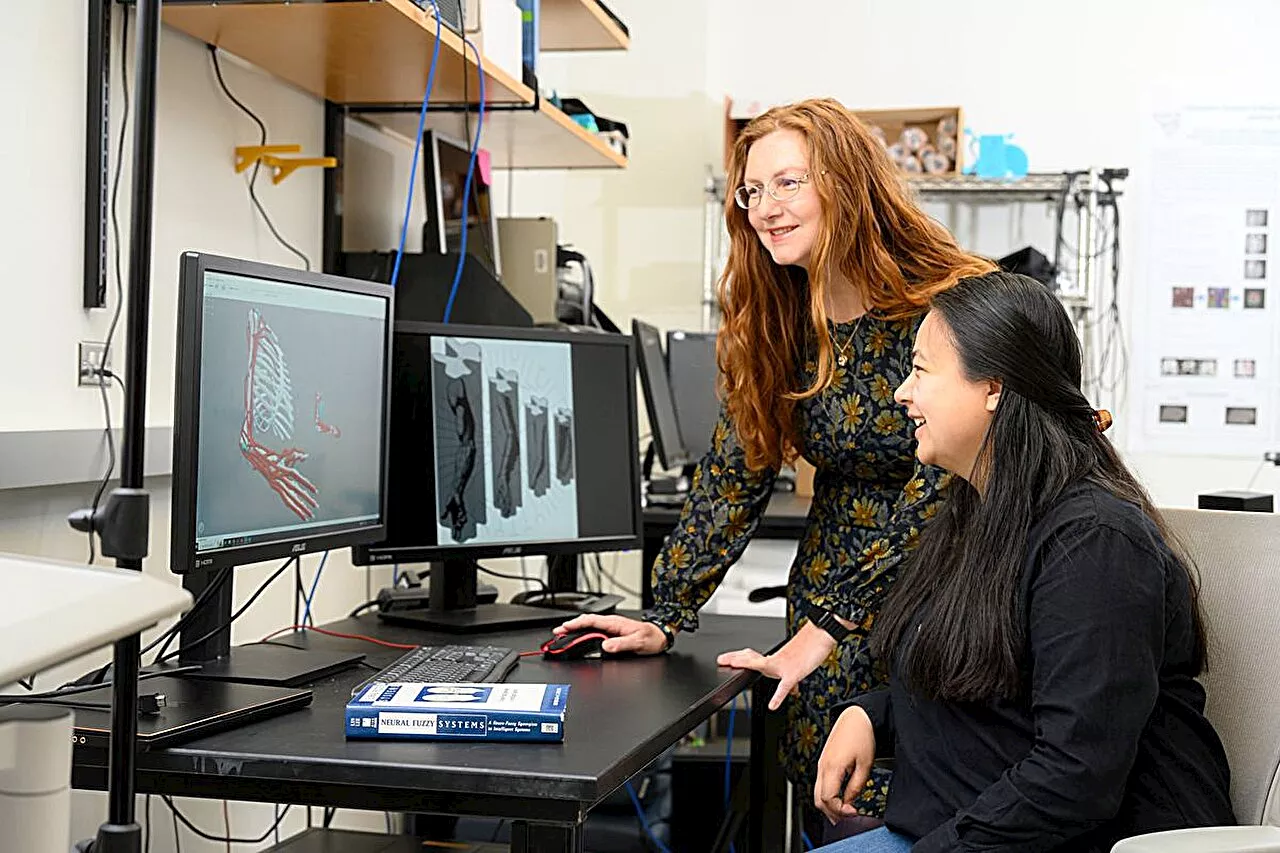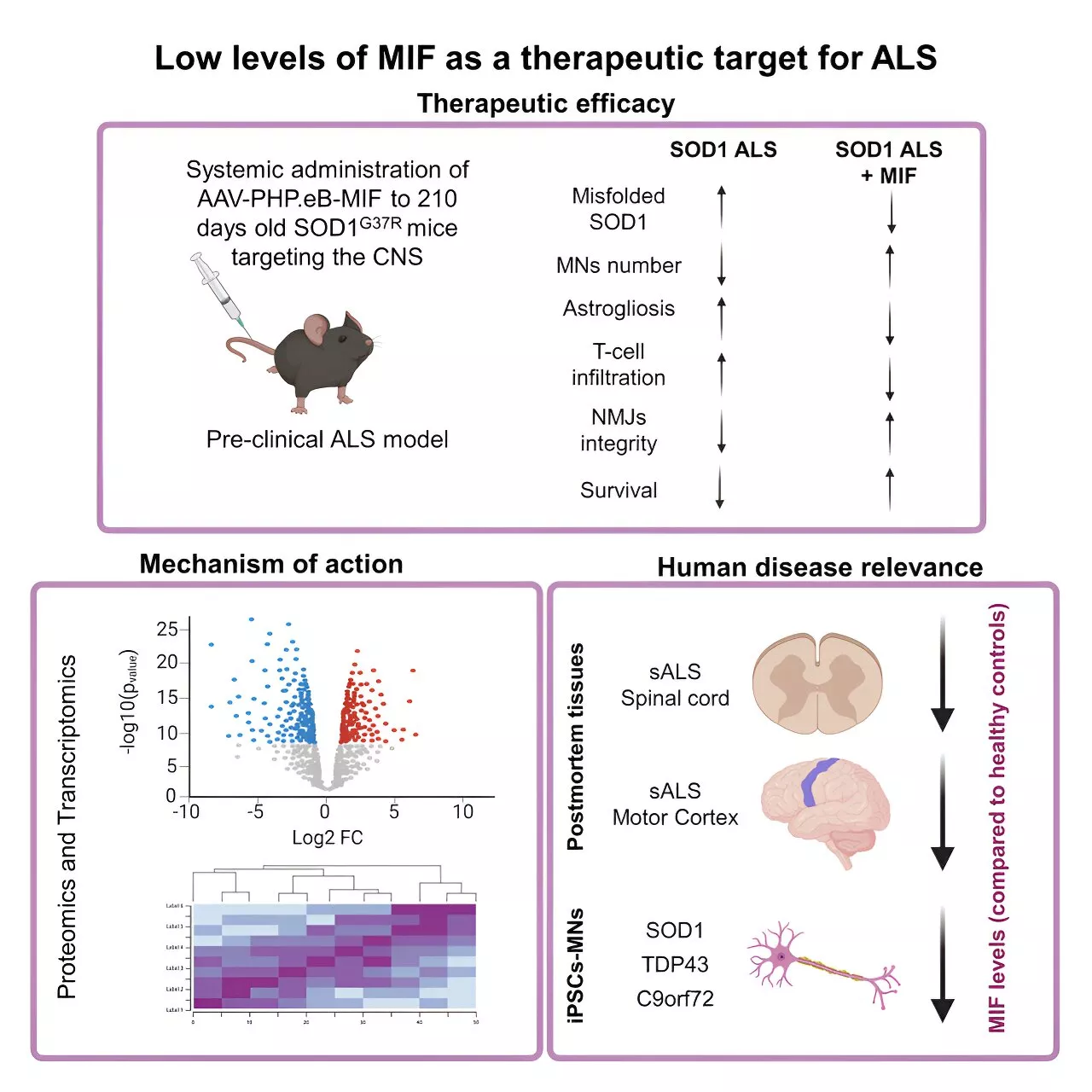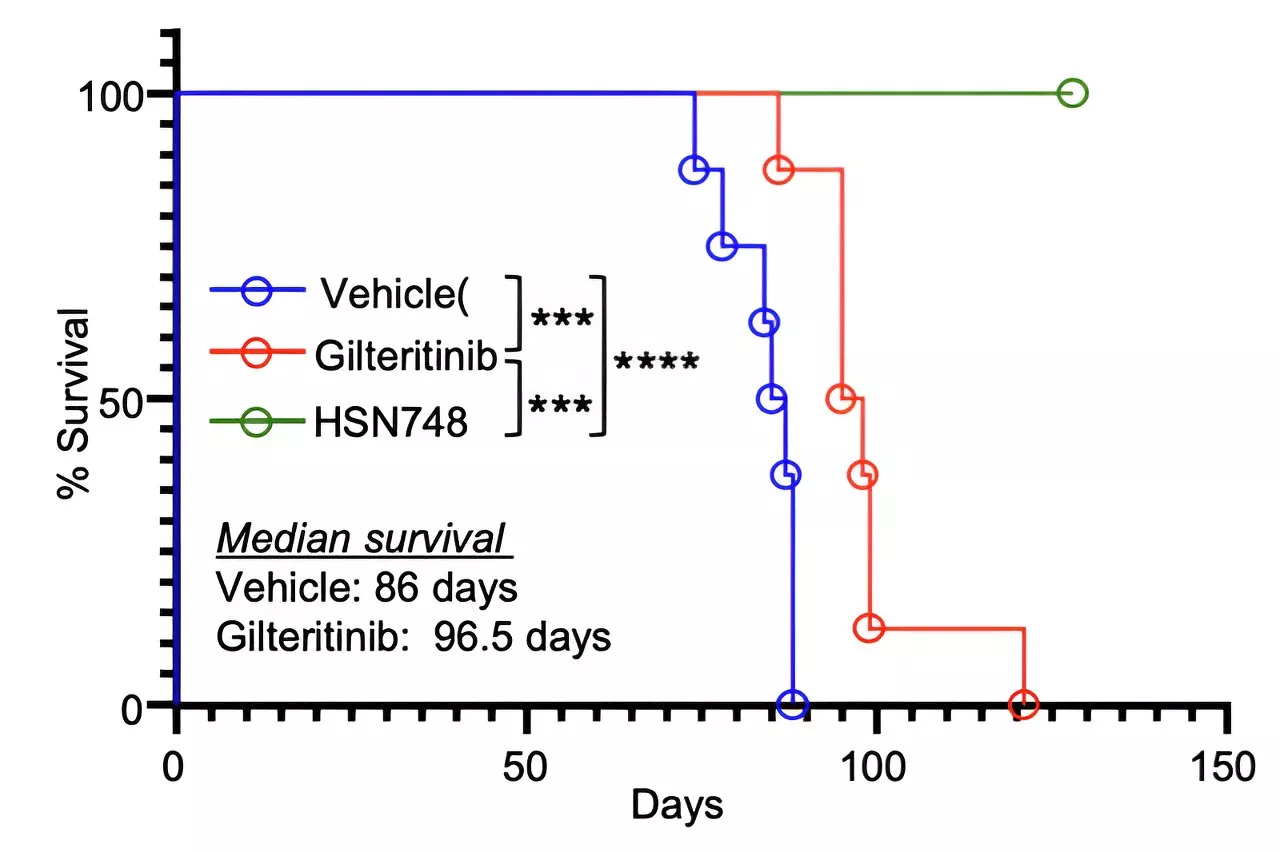Researchers review the role of gut microbiota in the pathogenesis and management of diabetes mellitus.
By Dr. Priyom Bose, Ph.D.Reviewed by Benedette Cuffari, M.Sc.Jun 24 2024 A recent Nutrients study reviews the crucial role of gut microbiota in the pathogenesis and management of diabetes mellitus .
Positive correlations were also noted between the ratios of Bacteroides-Prevotella to C. coccoides-E. rectale and Bacteroidetes to Firmicutes and plasma glucose concentrations. In T2DM patients, Betaproteobacteria was more prevalent, which positively correlated with lower glucose tolerance. In a previous study of European women with T2DM, reduced levels Faecalibacterium prausnitzii and Roseburia intestinalis was confirmed. Furthermore, reduced concentrations of five Clostridium species and greater abundance of four Lactobacillus species was observed.
Gut microbiota as a therapeutic target for diabetes Probiotics improve glycemic control and insulin sensitivity, particularly among diabetics and those at risk of developing diabetes. Synbiotics are combinations of probiotics and prebiotics that also offer a promising approach to managing diabetes. One study on diabetics undergoing hemodialysis showed that synbiotic supplementation significantly lowered insulin concentrations, fasting blood glucose levels, and insulin resistance while also increasing insulin sensitivity.
Microbiome Bacteria Blood Clostridia Clostridium Diabetes Mellitus Dysbiosis Exercise Glucose Hba1c Inflammation Insulin Insulin Resistance Lactobacillus Nutrients Probiotics Protein
United Kingdom Latest News, United Kingdom Headlines
Similar News:You can also read news stories similar to this one that we have collected from other news sources.
 Researchers develop 3D model to better treat neurological disordersA 3D model developed by West Virginia University neuroscientists shows how implantable stimulators—the kind used to treat chronic pain—can target neurons that control specific muscles to provide rehabilitation for people with neurological disorders such as stroke and spinal cord injuries.
Researchers develop 3D model to better treat neurological disordersA 3D model developed by West Virginia University neuroscientists shows how implantable stimulators—the kind used to treat chronic pain—can target neurons that control specific muscles to provide rehabilitation for people with neurological disorders such as stroke and spinal cord injuries.
Read more »
 Researchers discover therapeutic potential of increasing MIF protein levels to treat amyotrophic lateral sclerosisA recent collaborative research endeavor, published in Cell Reports Medicine, highlights a promising therapeutic avenue for amyotrophic lateral sclerosis (ALS). Led by researchers from Ben-Gurion University of the Negev in conjunction with counterparts from Germany, the U.S.
Researchers discover therapeutic potential of increasing MIF protein levels to treat amyotrophic lateral sclerosisA recent collaborative research endeavor, published in Cell Reports Medicine, highlights a promising therapeutic avenue for amyotrophic lateral sclerosis (ALS). Led by researchers from Ben-Gurion University of the Negev in conjunction with counterparts from Germany, the U.S.
Read more »
 Researchers develop new compound designed to treat drug-resistant acute myeloid leukemiaResearchers at Purdue University's College of Science have developed a patent-pending compound called HSN748 to treat drug-resistant acute myeloid leukemia (AML). AML is a cancer that begins in bone marrow and sometimes metastasizes to the central nervous system, liver, lymph nodes, spleen and testicles.
Researchers develop new compound designed to treat drug-resistant acute myeloid leukemiaResearchers at Purdue University's College of Science have developed a patent-pending compound called HSN748 to treat drug-resistant acute myeloid leukemia (AML). AML is a cancer that begins in bone marrow and sometimes metastasizes to the central nervous system, liver, lymph nodes, spleen and testicles.
Read more »
 Researchers discover how high-fiber foods make people feel fullerIn a study published in Science Translational Medicine, researchers at Imperial have found that a higher-fiber diet stimulates the release of a key appetite-reducing hormone, in the ileum, part of the small intestine.
Researchers discover how high-fiber foods make people feel fullerIn a study published in Science Translational Medicine, researchers at Imperial have found that a higher-fiber diet stimulates the release of a key appetite-reducing hormone, in the ileum, part of the small intestine.
Read more »
 Researchers discover how high-fiber foods make people feel fullerIn a study published in Science Translational Medicine, researchers at Imperial have found that a higher-fiber diet stimulates the release of a key appetite-reducing hormone, in the ileum, part of the small intestine.
Researchers discover how high-fiber foods make people feel fullerIn a study published in Science Translational Medicine, researchers at Imperial have found that a higher-fiber diet stimulates the release of a key appetite-reducing hormone, in the ileum, part of the small intestine.
Read more »
 Lack of health care screening puts gender diverse people at greater cancer risk, say researchersThe lack of culturally safe health screening for people who are transgender and gender diverse (TGD) is putting them at greater risk of cancer going undetected, but nurse practitioners could be trained to help close the gap.
Lack of health care screening puts gender diverse people at greater cancer risk, say researchersThe lack of culturally safe health screening for people who are transgender and gender diverse (TGD) is putting them at greater risk of cancer going undetected, but nurse practitioners could be trained to help close the gap.
Read more »
